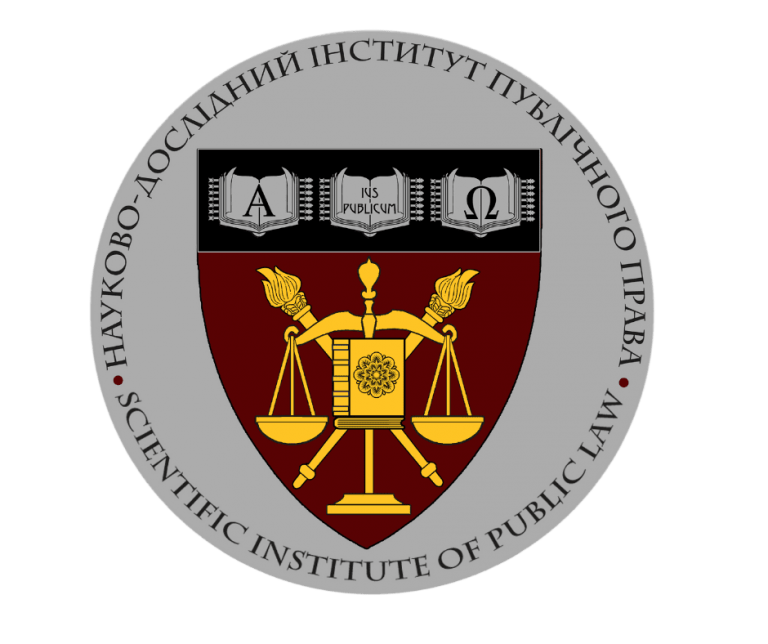Review articles
PEER REVIEW PROCESS
The International Bulletin on Public Administration and Legal Affairs employs a double-blind peer review system to ensure impartial and objective evaluation of scientific materials. Throughout this process, both authors and reviewers remain anonymous to each other.
Peer review is conducted not only by members of the editorial board but also by independent national and international experts, primarily doctors of science and professors with high qualifications and extensive experience in the relevant field.
Purpose of Peer Review
The peer review process is designed to maintain high scientific quality of publications by carefully selecting manuscripts and providing recommendations for improvement. It ensures an objective assessment of the article’s content, compliance with journal requirements, and identification of its strengths and weaknesses.
Review Stages
- Plagiarism check
- Article analysis – assessment of scientific novelty, validity of results, significance of conclusions, clarity of presentation, and quality of formatting.
- Reviewer’s questionnaire completion – comments on the strengths and weaknesses of the article, feedback, and recommendations for improvement.
- Editorial board decision – based on the received reviews, one of the following decisions is made:
- Accepted for publication
- Requires revision
- Rejected as non-compliant with the journal’s standards
Review Timeline
The editorial team aims to ensure a prompt review process, which does not exceed one week. If an article is rejected, the author will receive a detailed explanation with specified reasons.
Peer Review Mission
The review process upholds the principles of academic integrity and maintains high standards of scientific publishing.
Ethical Principles
All materials submitted for review, as well as the review process itself, remain confidential. Reviewers are not permitted to disclose the content of the article, share comments from other reviewers, or discuss the review with third parties without permission from the editorial board and authors, even after publication.
By adhering to these principles, the journal ensures high-quality and unbiased evaluation of scientific materials, fostering academic discussions on an international level.


